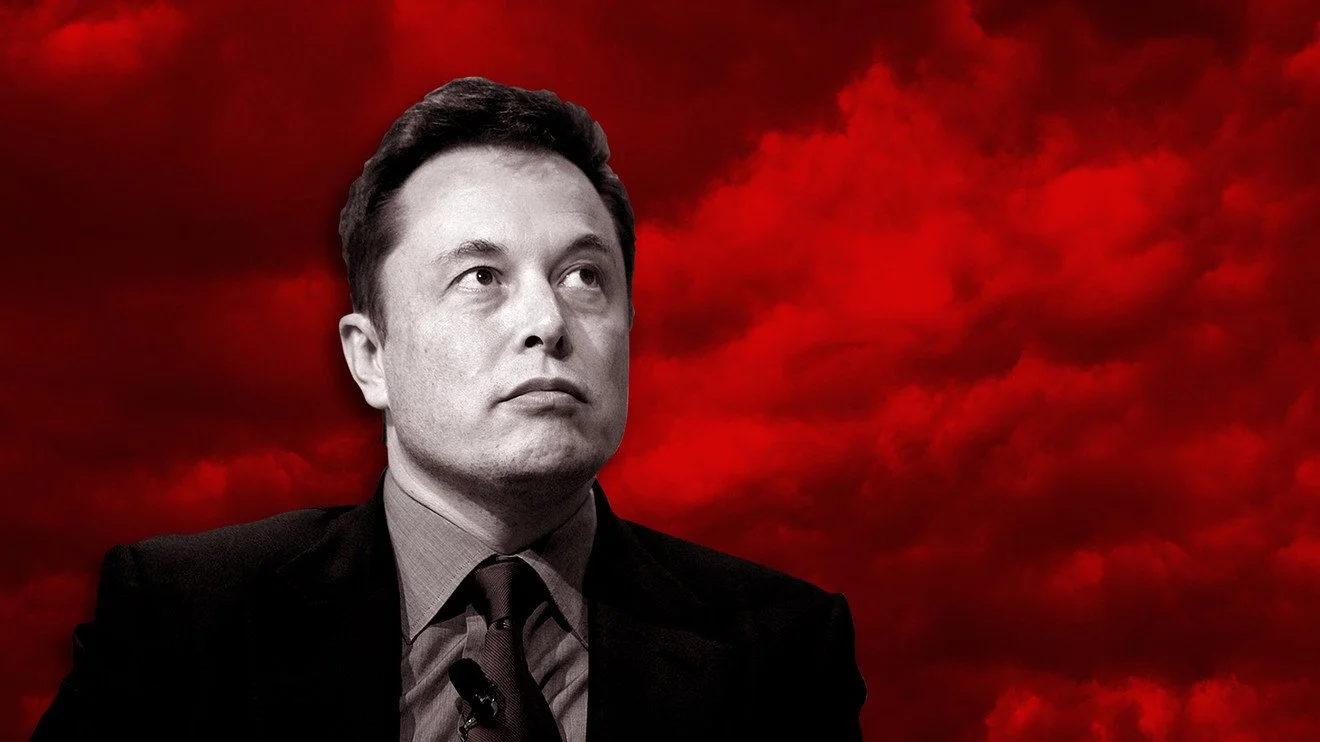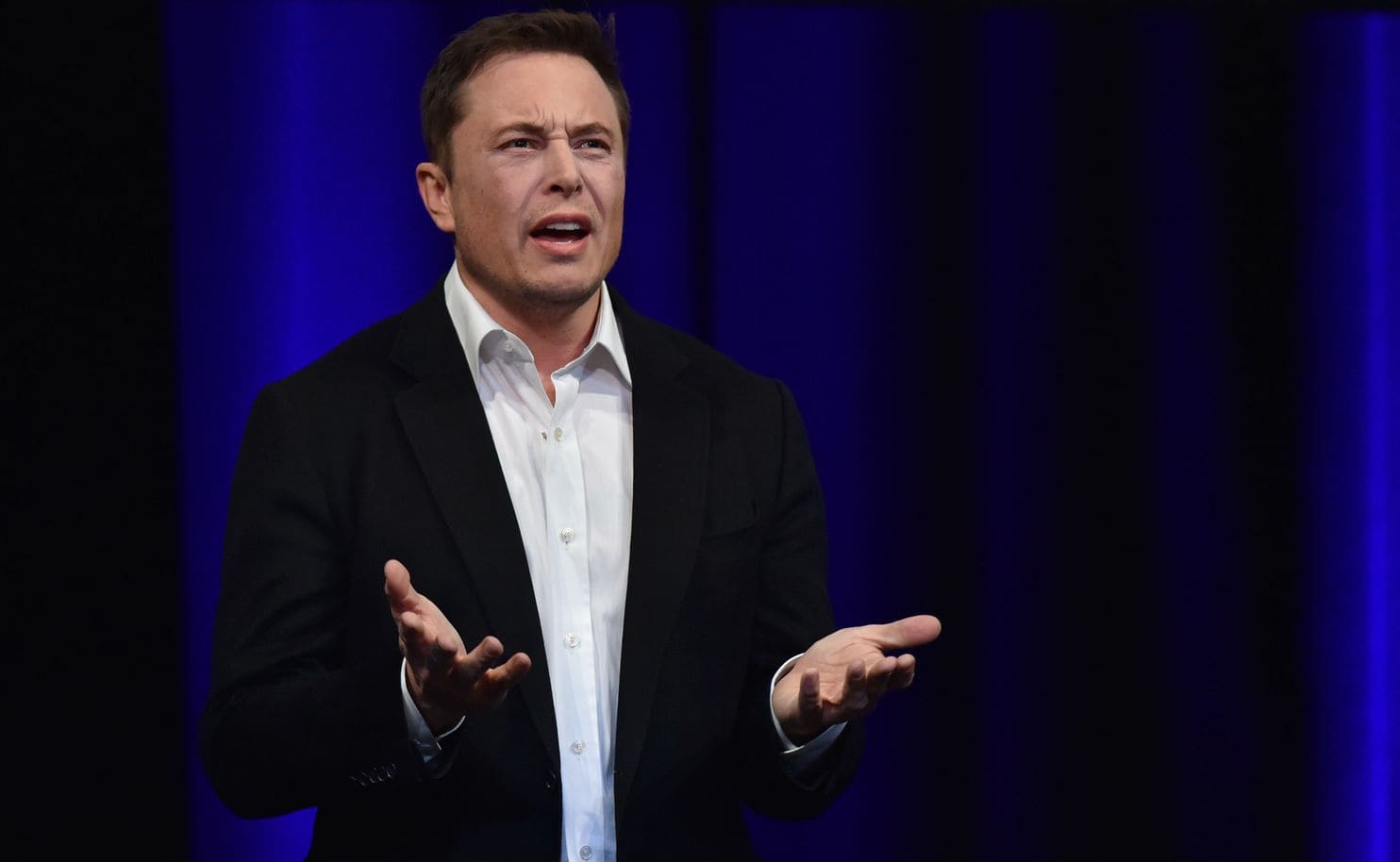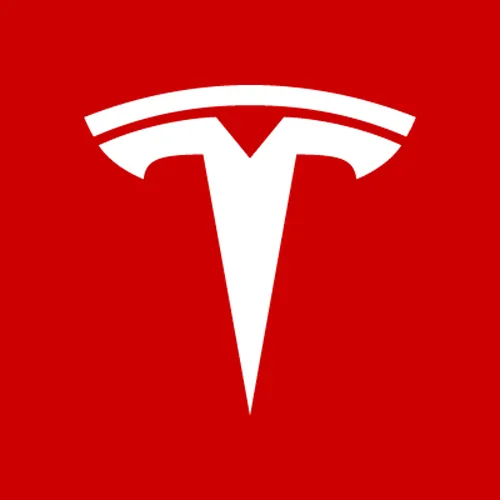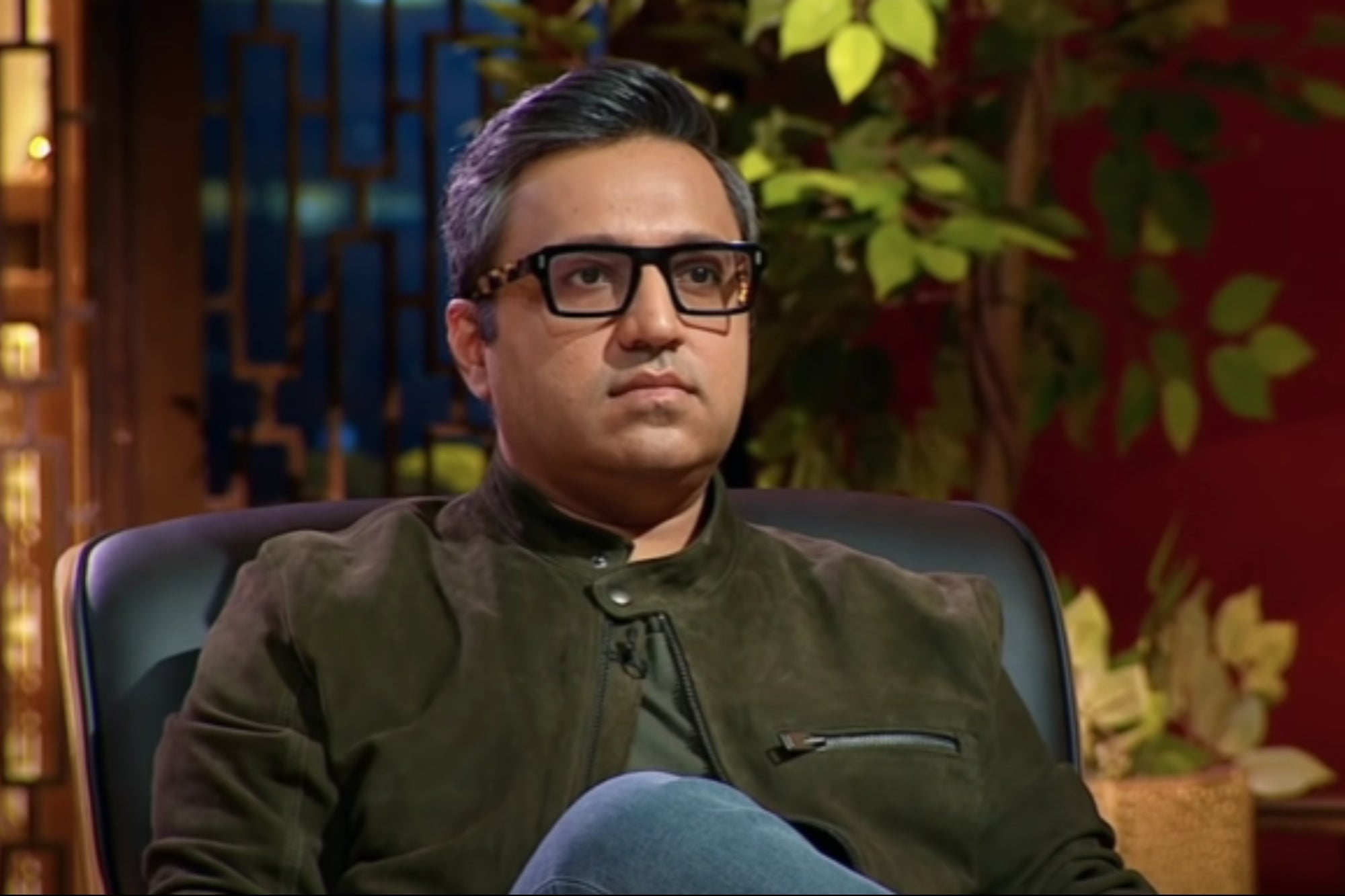The Indian electric vehicle (EV) market is buzzing with anticipation. Major manufacturers are setting up shop, and consumers are eager to embrace sustainable transportation. However, a recent legal battle has thrown a curveball – it’s Tesla vs. Tesla! Yes, you read that right. Elon Musk’s globally recognized electric car giant, Tesla, Inc., is locked in a trademark dispute with an Indian company called Tesla Power.
This blog delves into the heart of this unique case, exploring the accusations, potential defenses, and the broader implications for trademark protection in India. Buckle up, as we navigate this electrifying legal showdown.
Understanding the Trademark Infringement Claim
Tesla, Inc. accuses the Indian company, Tesla Power, of trademark infringement. Their primary concern is the potential for consumer confusion. They argue that the use of the “Tesla” brand name, particularly for promoting batteries, could mislead Indian consumers.
Here’s why Tesla, Inc. might have a strong case:
- Brand Recognition: Tesla has established itself as a pioneer in the electric vehicle and clean energy space. Their brand name enjoys immense global recognition, especially among consumers interested in EVs.
- Likelihood of Confusion: The use of “Tesla” for batteries, even though a different product category, could create confusion. Consumers might mistakenly believe Tesla Power’s batteries are somehow affiliated with or endorsed by Tesla, Inc.’s electric vehicles.
News reports suggest Tesla, Inc. initially tried to resolve the issue amicably through a cease-and-desist notice in April 2022. Unfortunately, Tesla Power allegedly continued using the brand name, leading to the lawsuit filed in the Delhi High Court.
Indian Tesla Power (Defense Speculation)
While there hasn’t been an official public response from Tesla Power yet, here are some potential defense strategies they might employ:
- Prior Use: Did Tesla Power establish its brand name and business operations in India before Tesla, Inc. officially entered the Indian market? If so, they might argue they have legitimate claim to the name within the Indian market.
- Distinctive Products: Tesla Power could argue that their core product (batteries) is significantly different from Tesla, Inc.’s electric vehicles. They might emphasize the distinct nature of their offerings to minimize confusion.
- Generic Term Defense: In a less likely scenario, Tesla Power might attempt to claim that “Tesla” has become a genericized term for a specific type of battery technology in India. However, the success of this defense would be highly dependent on the evidence presented.
Who Sued Who?
The tables are turned! Electric car giant Tesla has filed a lawsuit against an Indian battery company called Tesla Power in the Delhi High Court. The lawsuit alleges trademark infringement, claiming the Indian company’s use of the “Tesla Power” name for its products creates confusion with Tesla’s brand. Tesla is seeking damages and a permanent injunction to prevent the Indian company from using the name.
- Who: Elon Musk’s Tesla (the car company)
- What: Sued an Indian battery maker
- Why: Trademark infringement for using “Tesla Power”
- Desired Outcome: Damages and a permanent ban on using the name
The Looming Verdict: Implications for Trademark Protection
The Delhi High Court is scheduled to hear the case in May 2024. The final verdict will have significant ramifications:
- Strengthening Trademark Protection: A win for Tesla, Inc. would reinforce the importance of robust trademark protection mechanisms in India. This would be particularly relevant for established international brands entering the Indian market.
- Setting Precedents for Similar Cases: The court’s decision could set a precedent for future trademark disputes involving similar brand names used for different product categories. This will be crucial for providing clarity and guidance to businesses operating in India.
- Consumer Protection: Ultimately, a well-defined outcome will help ensure consumer protection in the Indian marketplace. Consumers should be able to make informed decisions without being misled by potentially confusing brand names.
Beyond the Lawsuit: A Broader Look at Brand Strategy
This legal battle also highlights the importance of a well-defined brand strategy, especially when venturing into new markets. Here are some key takeaways for businesses:
- Trademark Registration: Companies, both domestic and international, should prioritize registering their trademarks in India to secure legal protection.
- Market Research: Conducting thorough market research can help identify potential conflicts with existing brand names before launching operations.
- Building a Unique Brand Identity: Developing a distinct brand identity that goes beyond just the name can help businesses differentiate themselves in the marketplace.
The Tesla vs. Tesla case is a fascinating example of trademark complexities in the ever-evolving Indian market. As the electric vehicle sector continues to grow, it will be interesting to see how this legal battle unfolds and the broader implications it has for brand protection strategies in India.
Stay tuned for further updates! We’ll be sure to keep you informed on the latest developments in this electrifying legal showdown.
Please share your thoughts in the comments. At theproductrecap.com, we are open to friendly suggestions and helpful inputs to keep awareness at peak








